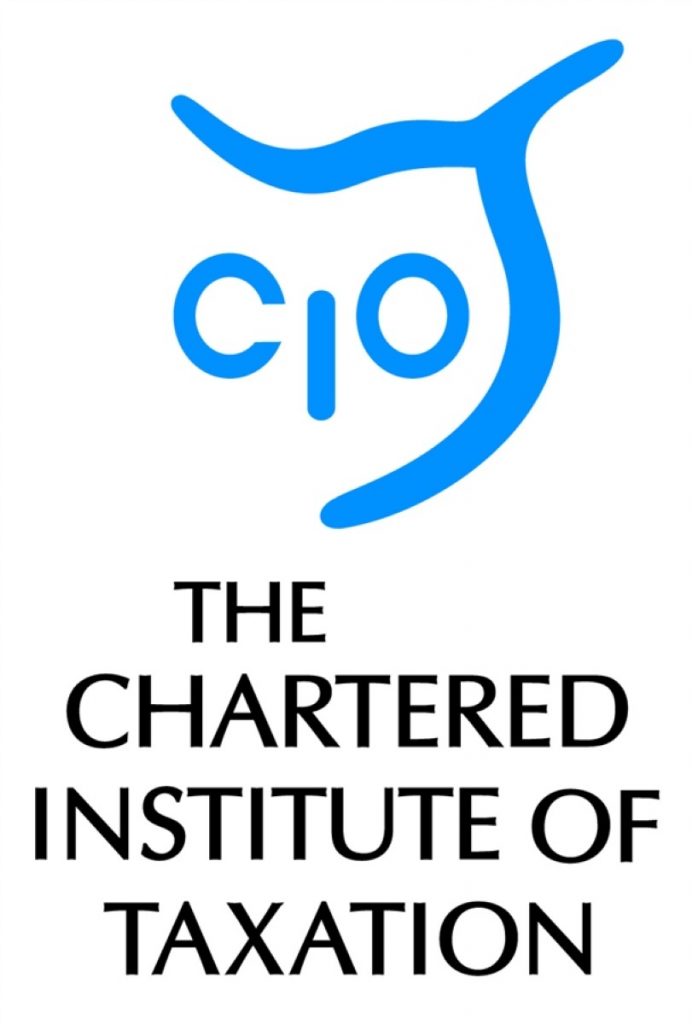NAO report high levels of error and fraud in tax credits: but what about the effect on claimants?
The National Audit Office (NAO) has again qualified HMRC’s accounts because of the levels of ‘error and fraud’ in tax credits. But how accurate are HMRC’s figures on which the assessment of error and fraud is based? And while not all claimants may be innocent, the experience of being landed in unexpected debt to HMRC can be highly distressing for those who are.
Anthony Thomas, Chairman of the Low Incomes Tax Reform Group (LITRG), commented:
“It is tempting to blame HMRC for the material levels of error and fraud in tax credits. That would not be wholly fair. Tax credits were designed to respond to changes in income and circumstances, but to keep up in real time with sudden and unforeseen changes in claimants’ lives would be practically impossible. A certain level of overpayments and underpayments is therefore inevitable. It would be equally unfair always to blame claimants’ failure to report changes of circumstances when even a very short delay in reporting them, and a further short lapse of time to allow HMRC to process them, can result in an overpayment or underpayment accruing for each day.”
There clearly needs to be more focus on claimant education and reducing error from the start that would lead to fewer expensive and often distressing investigations.
“The NAO observed that claimants do not always understand their obligations: what they must report, and when. Nor will they understand their obligations unless they are told what they are accurately, in full, in a form that is accessible to them and in a manner that they can understand. That will never be easy, given the complexity of the tax credits system. But HMRC and Government are making the situation worse.
“The current tendency within HMRC to reduce both the quantity and quality of guidance to claimants, the transition of online material to GOV.UK whose content signally fails to give accurate and complete information to claimants, and the absence of any detailed paper products to assist those without internet access, can only exacerbate claimants’ lack of understanding of their obligations in the longer term.
“The less claimants understand what they must report and within what timescale, the greater their exposure to overpayments and underpayments, and the greater HMRC’s exposure to debt which may in time become irrecoverable.
Anthony called for the experience of claimants to be taken into account, as well as the state of the public finances.
“Those who are innocent of fraud may suffer unmerited distress by being suddenly and unexpectedly landed in substantial debt to HMRC. The NAO has previously remarked that HMRC must try to strike the right balance between pursuing collection and a claimant’s ability to pay, so as not to cause hardship through its approach to debt recovery. They were absolutely right to do so.”
Notes for editors
1. The Low Incomes Tax Reform Group (LITRG)
LITRG is an initiative of the Chartered Institute of Taxation to give a voice to the unrepresented. Since 1998 LITRG has been working to improve the policy and processes of the tax, tax credits and associated welfare systems for the benefit of those on low incomes.
2. The Chartered Institute of Taxation (CIOT)
The CIOT is the leading professional body in the United Kingdom concerned solely with taxation. The CIOT is an educational charity, promoting education and study of the administration and practice of taxation. One of our key aims is to work for a better, more efficient, tax system for all affected by it – taxpayers, their advisers and the authorities. The CIOT’s work covers all aspects of taxation, including direct and indirect taxes and duties. Through our Low Incomes Tax Reform Group (LITRG), the CIOT has a particular focus on improving the tax system, including tax credits and benefits, for the unrepresented taxpayer.
The CIOT draws on our members’ experience in private practice, commerce and industry, government and academia to improve tax administration and propose and explain how tax policy objectives can most effectively be achieved. We also link to, and draw on, similar leading professional tax bodies in other countries. The CIOT’s comments and recommendations on tax issues are made in line with our charitable objectives: we are politically neutral in our work.
The CIOT’s 17,000 members have the practising title of ‘Chartered Tax Adviser’ and the designatory letters ‘CTA’, to represent the leading tax qualification.





-01.png)